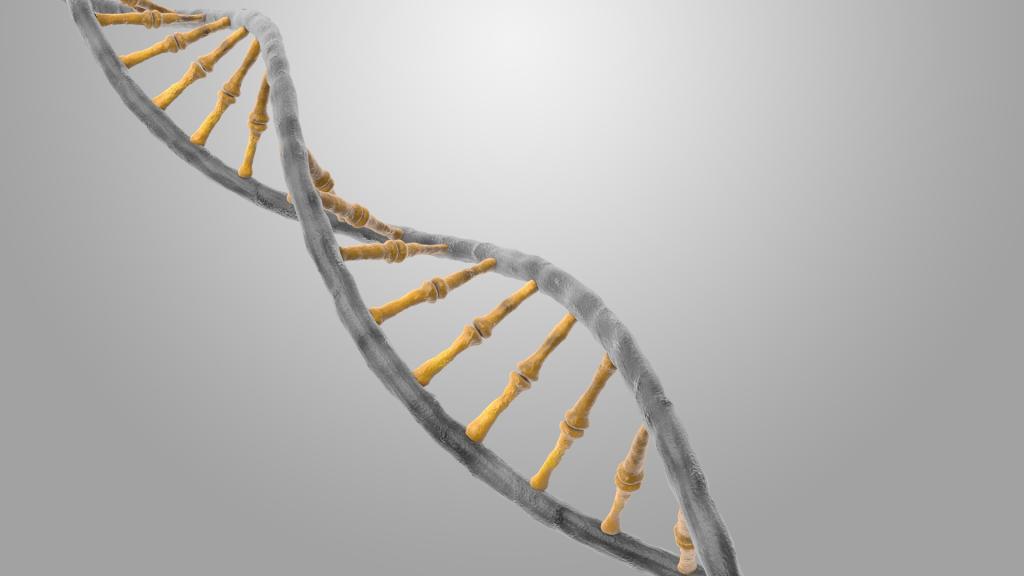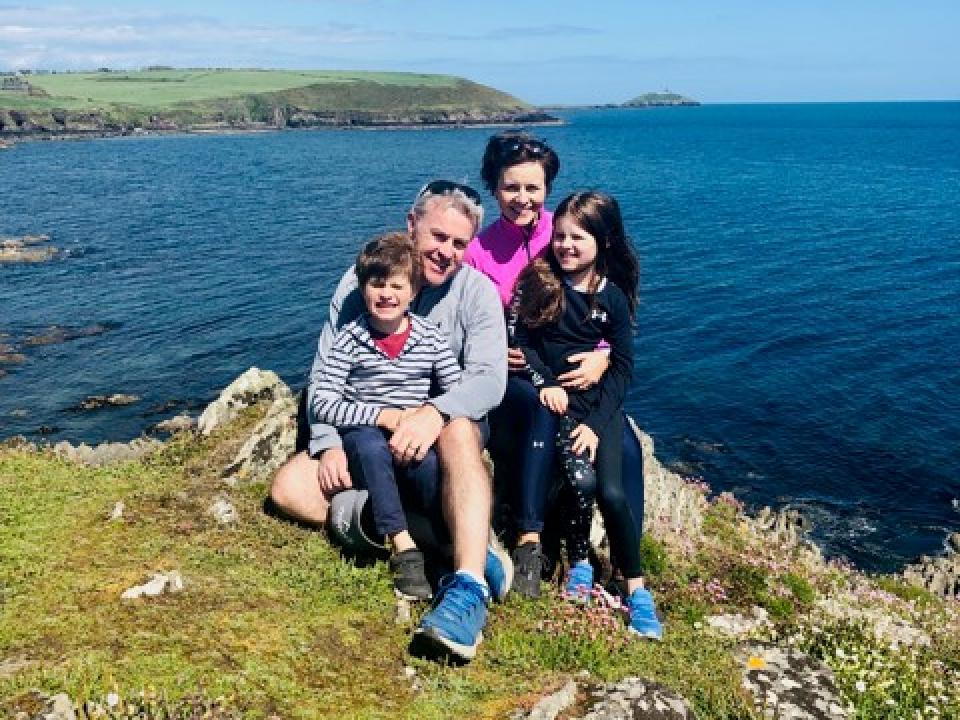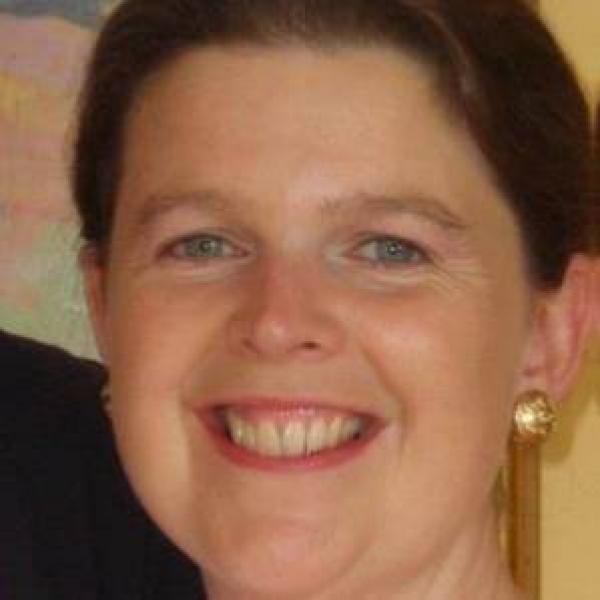
Some people waiting over a year for cancer risk tests: Report
‘I strongly feel there should be an urgency to improve these services’: Breast cancer patient Margaret Cuddigan
People at a higher risk of cancer due to their family history are having to wait over a year for tests due to “overstretched” services, a new report has found.
Inherited faulty genes play a major role in 5-10% of all cancers. Genetic testing is an important tool in helping people to understand their risk for certain types of cancer including breast, bowel and ovarian cancers.
Not knowing whether a family history of cancer puts them at a higher risk of developing the disease in future can be a cause of great anxiety and stress for people. Having early access to genetic testing can provide options for preventative treatment to reduce the possibility of ever receiving a cancer diagnosis.

A new report prepared for the Irish Cancer Society by health researchers at University College Cork (UCC) has found that many patients and healthcare professionals believe cancer genetic services in Ireland are under-resourced, with some people waiting over two years for testing and counselling.
A survey of 154 people with experience or knowledge of the process found high levels of worry and anxiety among people waiting long periods for test results.
It found that one in seven are waiting over a year for tests with some waiting more than two years, with further waits of up to another two years for risk-reducing procedures. A third of those surveyed said such waiting times can put people off accessing these crucial services.
Over 4 in 10 had concerns over how their genetic information would be used after testing, including worries over whether it could be used against them by employers or insurers.
A separate survey of 52 healthcare professionals who work in cancer genetic services highlighted barriers for accessing the services with 6 in 10 saying they are under-resourced and 4 in 10 concerned about access to follow-up surgery for patients deemed to be at a high risk.
They also expressed concern over unclear guidelines on who should be referred to the services in the first place.

Commenting on similarities between her own experience with cancer genetic services and the report findings, breast cancer patient Margaret Cuddigan said: “Genetic testing was not available to me at diagnosis. In those 13 months waiting for a result I went through chemotherapy, a lumpectomy and radiotherapy on my breast, only for a double mastectomy to be required once the BRCA mutation was known. Had I known this earlier, my course of treatment could have been very different.”
“I had to postpone a radiation treatment to go up to Dublin from Cork to do the genetic test, as it would have taken up to another 12 months in Cork, and then I waited over four months for the results. Once I received the news of the gene mutation, I had to navigate a path of risk-reducing surgeries. I researched and sought out a surgeon myself. There were no cross-discipline genetic service available to me to support this journey. I strongly feel there should be an urgency to improve these services.”
Irish Cancer Society Director of Advocacy Rachel Morrogh said: “The experiences of people like Margaret show that much more needs to be done to support cancer genetic services which are the first step in empowering people to reduce their chance of receiving a life-changing cancer diagnosis, or identify the disease early and benefit from more targeted treatments.
"There needs to be significant investment and the expansion of capacity across all the follow-on services that someone with a genetic risk of cancer may need, focusing on the development of a dedicated and resourced pathway for them.

Lead report author from UCC Professor Josephine Hegarty said: “Health care professionals within the genetic services are doing a good job, however the public cancer genetic services are overstretched. Waiting lists exist at every point on the pathway for people who need genetic services. Many patients spoken to seemed to abandon the waiting for overstretched public services in favour of paying for private testing and treatment.”


